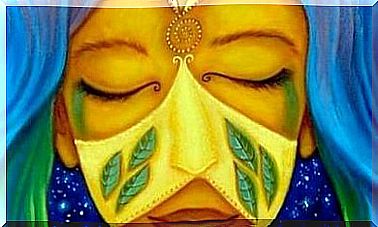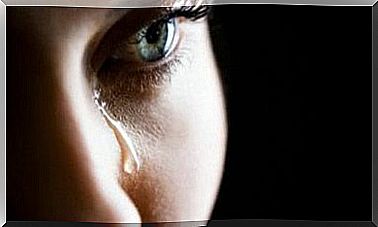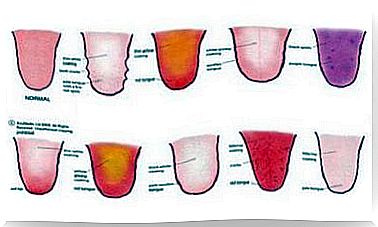What Effect Do Energy Drinks Have On The Body?
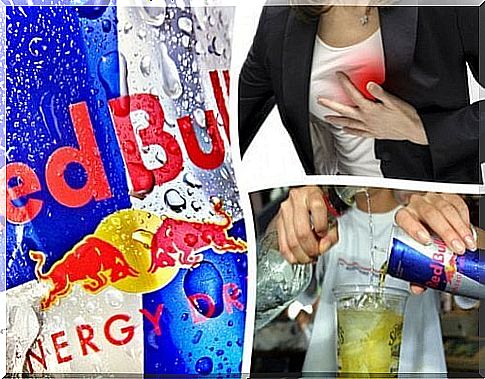
Energy drinks have become very popular over the last twenty years. The effect of energy drinks on the body is still under investigation, but preliminary studies do not recommend excessive use of energy drinks.
RedBull is perhaps the best known and most popular of energy drinks, and is enjoyed around the world to stimulate the brain or improve performance in stressful situations. Energy drinks are enjoyed, for example, by students who supervise late on projects and essays or by cranking out exams and crave extra energy. It is also common for adults to consume energy drinks to cope with the end of a long day’s work. It is worrying when children and young people consume energy drinks from one day to the next, even though they have no need for caffeine and other stimulants.
RedBull’s motto “RedBull gives wings” is well known around the world and millions of consumers trust the drink’s energizing effect, which restores concentration and keeps you refreshed during physical or mental exertion.
An energy drink raises the body’s energy level. According to scientific studies conducted in recent years, even one can of energy drink changes the body’s functions: it dries out the body, raises blood pressure and heart rate. Consuming energy drinks on a daily basis can, at worst, lead to the development of serious diseases and problems of the circulatory system.
In most cases, consuming an energy drink can is safe as long as the individual is healthy and does not suffer from heart problems, for example. Problems arise when you drink many canned drinks a day, for example in the heat or during a hard sports performance, or if you mix the drink with alcohol.
Why are energy drinks harmful to health?
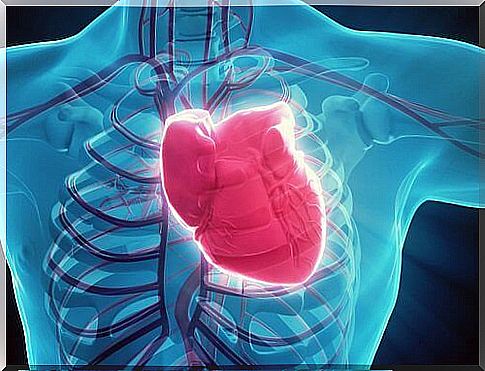
Energy drinks and other soft drinks, such as cola, combine, for example, caffeine, amino acids (e.g., taurine), carbohydrates (glucose derivatives), vitamins, and in some cases, medicinal plant compounds such as ginseng and guarana.
One can of energy drink contains a large amount of caffeine. An energy drink can contain up to 4 cups of coffee or 2 cups of espresso, 4 cans of cola or 6 cups of caffeine: an average of 80 milligrams per small can. It is also good to note that only larger and larger cans have always entered the market, so the amount of caffeine has also increased. So you should enjoy a remarkably high amount of these other stimulants to get the same amount of caffeine as an energy drink can.
A healthy individual can easily digest 100 to 300 milligrams of caffeine per day, however, up to a maximum of 400 mg. According to experts, such a dosage is not dangerous to health, as long as it is not combined with, for example, alcohol.
If you consume more energy drinks than a can a day, it can cause dangerous side effects such as:
- Tachycardia, or increased heart rate
- Palpitations or high blood pressure
- Insomnia
- Nervousness
- Impaired motor abilities, impaired coordination
In addition, the greatest risks for energy drinks arise when caffeine is combined with other ingredients in the energy drink. For example, the artificial sweetener aspartame is known to be a carcinogen.
Energy drinks can be addictive and often addiction results in an individual having to increase the amount of drink they consume to meet their energy needs.
The sale of RedBull and other energy drinks is prohibited in certain countries
An estimated 3.5 million cans of RedBull are sold in 143 countries around the world in one year.
Decision-makers in some countries have been concerned about the side effects of energy drinks and banned or restricted their sale. For example, in Norway, Denmark and Uruguay, RedBull and other energy drinks may not be sold. In Sweden, the deaths in 2001 were caused by the deaths of three young men who were blamed for mixing RedBull and alcohol. In 2014, a 16-year-old athletic and fit girl died of a heart attack while vacationing in Mexico, after enjoying an energy drink in the intense heat throughout the day.
In Kuwait, energy drinks may not be sold to anyone under the age of 16. The decision was made when two players from the country’s squash team died of a heart attack after enjoying these drinks.
What are the dangers of energy drinks?
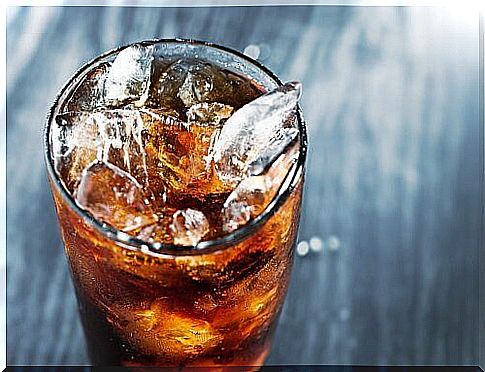
The harmfulness and risk factors of energy drinks come to the fore, especially when consumed in excess or when combined with other substances such as alcohol.
More research is needed to better define the safety and disadvantages of energy drinks. However, the following points should be kept in mind if you enjoy energy drinks or if your child enjoys them:
- Energy drinks should not be consumed after strenuous physical exercise, as their energizing effect raises the heart rate and increases the risk of a heart attack.
- Energy drinks do not hydrate the body. The dehydrating effect of caffeine increases the risk of dehydration and dehydration.
- Energy drinks contain ingredients that thin the blood, and excessive consumption can lead to cerebral hemorrhage when the heart has to work less to pump blood, but increases the efficiency of the pumping.
- Mixing RedBull and other energy drinks with alcohol can be a deadly combination as it directly affects the liver.
- Eating a can a day can increase the risk of developing irreversible nervous system problems.
- Pregnant people with chronic fatigue, diseases of the circulatory system and people with blood clotting problems should not drink energy drinks. The same goes for caffeine hypersensitivity.

